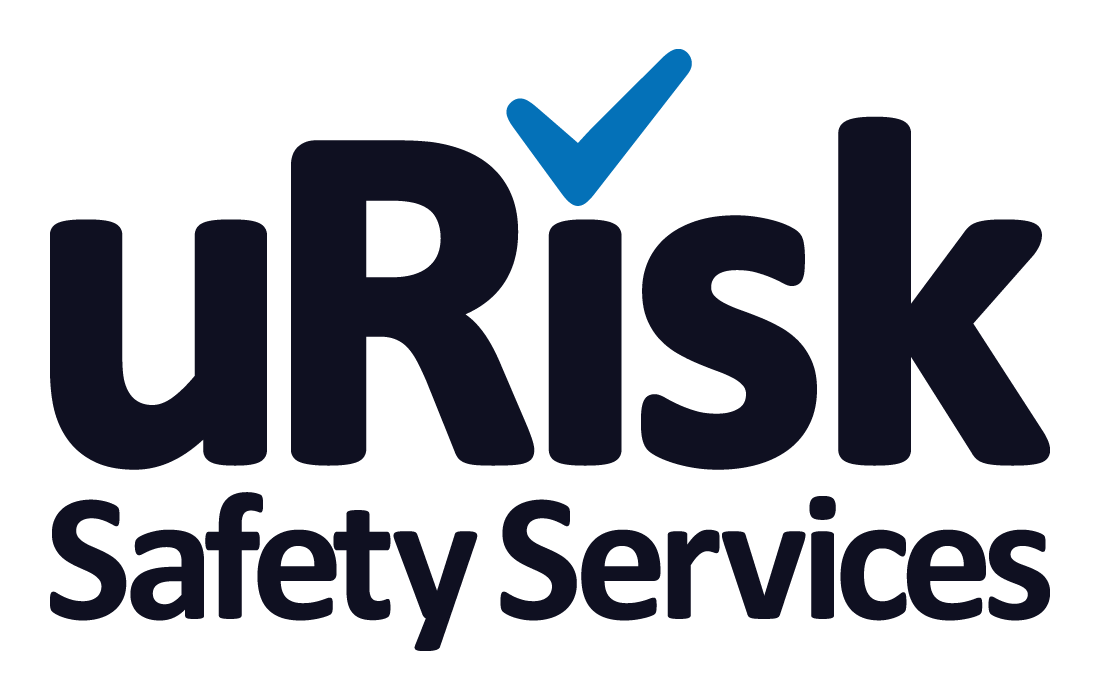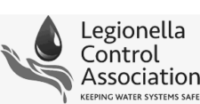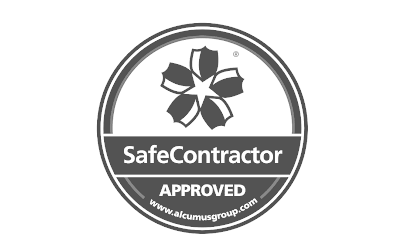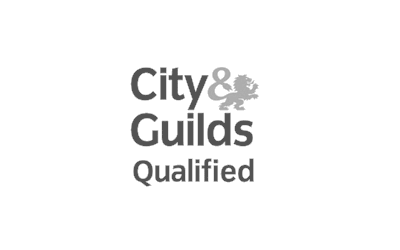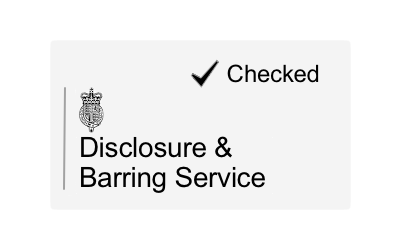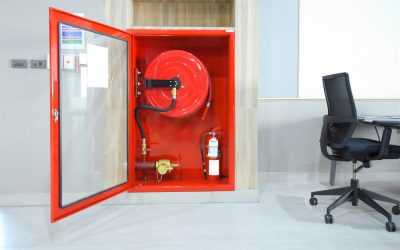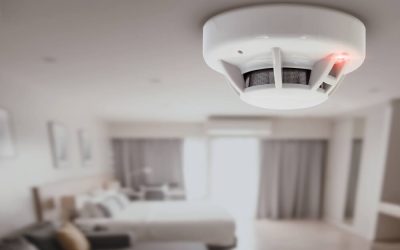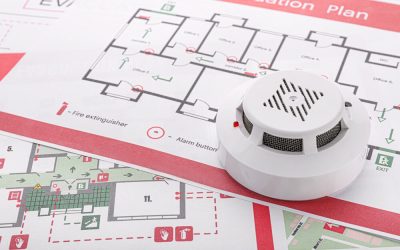How does a closed water system work? And treatments needed.
A closed water system is where water is used either as a coolant or for heating. Where it is needed as a coolant, water is sealed into the system where it is chilled. It is then circulated and absorbs heat, before returning to the coolant tank where it is chilled again before being recirculated.
There are a number of advantages of a closed water system over an open one, including a reduction in the amount of water needed and a reduction in the amount of waste water – saving money on bills as well as saving a valuable resource.
A new closed water system must be thoroughly cleaned before being put into use as it will inevitably contain contaminants from building debris which could cause blockages.
A closed system will need monitoring and regular testing to help you detect any elements that could have an adverse effect on performance and reliability. This includes scale or corrosion, as well as the build-up of sludge which can cause low flow rates and provide breeding places for bioparticles such as the legionella bacteria.
Closed system testing
We recommend that closed system testing needs to take place every three months. Testing will take a maximum of an hour and the results will enable us to identify if any action needs to be taken to ensure your system works safely and efficiently. It will help to avoid the build-up of problems that could result in expensive repairs, and it will elongate the useful life of your system.
What does treatment involve?
Treatment of a closed water system may involve flushing out the current water enclosed within the system. The system will then be thoroughly cleaned and dosed with chemical inhibitors and biocides where a need for them is indicated by the close system analysis. We can subsequently take water samples which will enable us to make sure the treatment has been successful.
If you would like us to test your closed system – whether it is for industrial or domestic heating or cooling system – please contact us for a quote.
Legionella and Water Hygiene Blog Posts
Office Fire Risk Assessment
As you would expect, keeping your office safe from the risk of fire is a legal requirement under the Regulatory Reform (Fire Safety) Order 2005. If you are the owner or manager of a business, or landlord of an office building, it is your responsibility to ensure your...
Fire Risk Assessment For Flats
Your legal requirements as a landlord include taking precautions to keep your tenants safe, including when it comes to the risk of fire in flats. As part of the fire safety regulations, fire risk assessments for flats is therefore part of your legal obligation to...
Getting A Risk Assessment For Fire in the UK
As an employer, landlord or facilities manager, it is your legal responsibility to keep everyone who uses your premises safe. A fire risk assessment is an important part of this because it identifies what might cause a fire so you can take steps to prevent one, as...
